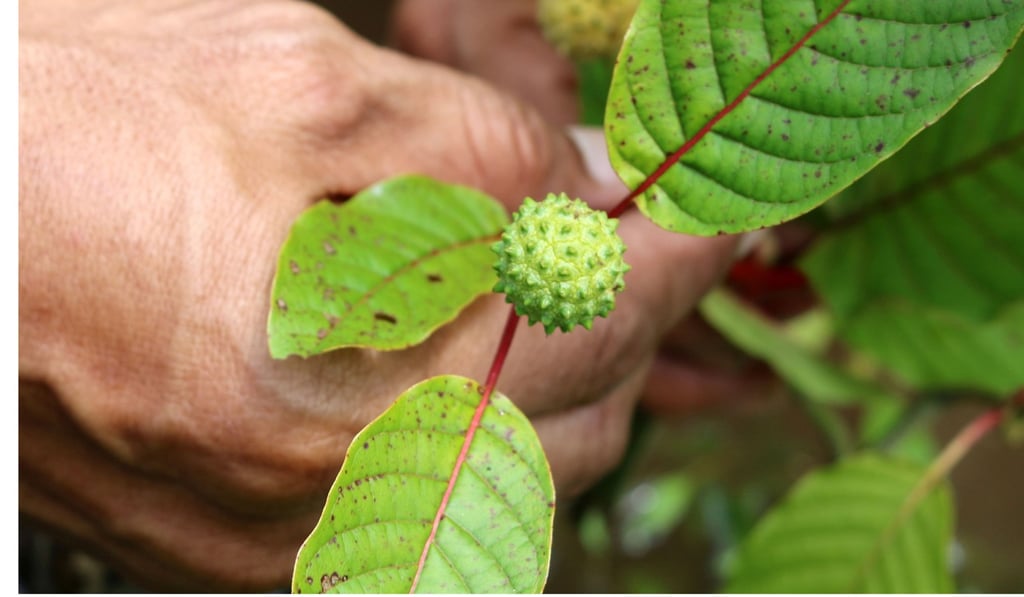Hong Kong lawmakers call for controls on kratom, the supplement known as ‘legal heroin’
- Kratom leaves contain chemical compounds that cause stimulatory or sedative effects similar to those in opioids such as heroin and opium
- It is not regulated in Hong Kong and many other places, but legal and medical experts are saying it should be

Hong Kong lawmakers have called for controls against a potentially addictive herbal substance known as “legal heroin” now available in the city.
The leaves, which can be chewed, brewed as a tea or ground, contain chemical compounds that cause stimulatory or sedative effects in different doses. These effects are similar to those in the opioid drug class, which includes heroin and opium, some of the most addictive of all known substances.

Many countries in both the developed and developing world have made kratom illegal, while some countries have partially legalised it or had petitions to legalise it, resulting in widespread debates on the substance.
In Hong Kong, kratom and its active ingredients mitragynine and 7-hydroxymitragynine are not regulated by law and are not named in the Dangerous Drugs Ordinance and the Pharmacy and Poisons Ordinance.